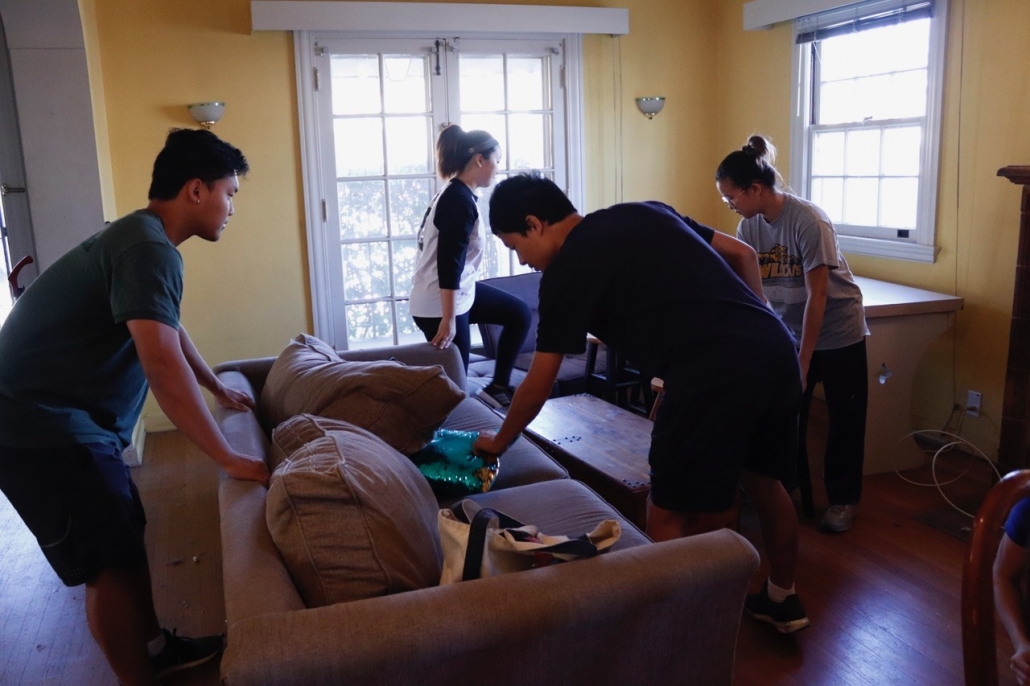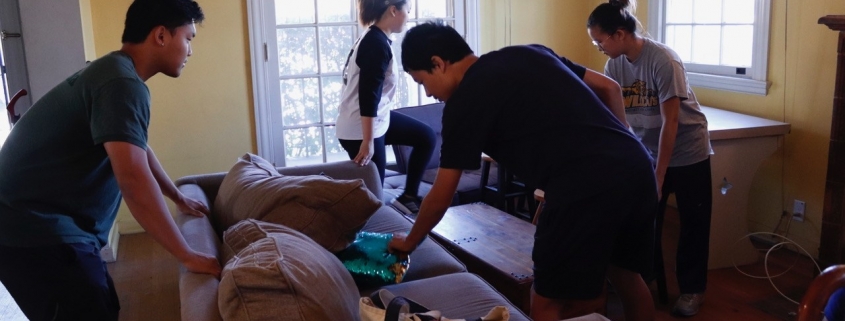USC can improve its approach to student homelessness

USC has tried hard over the years to shed the nickname “University of Spoiled Children” through millions of dollars in financial aid and an emphasis on admitting first-generation college students. Last week, President Carol Folt announced that beginning in Fall 2020, the University will extend free tuition to first-year undergraduate students whose annual family income is $80,000 or less.
However, it can be easy to overlook the students who are the most financially vulnerable. Approximately 2,000 students are experiencing homelessness or have in the past year at USC.
There are several ongoing efforts to help the homeless community on and around campus. Sandeep Suresh, a senior majoring in computer science, created a website that compiles resources for students experiencing homelessness, including information about local food pantries and emergency housing services. An eight-member executive board including students from the Price, Marshall and Annenberg schools came together to build Trojan Shelter for students in the Los Angeles area who are housing insecure.
Going forward, the University must continue to support student-led projects against homelessness as well as provide assistance at the institutional and academic levels.
USC should consider adding more classes to educate students on homelessness and how to combat it. Earlier this year, USC’s Gould School of Law partnered with the USC Homelessness Initiative to offer a homelessness advocacy externship class. The University could offer similar classes in other schools to raise awareness and develop strategies to put an end to student homelessness.
The student-led projects are proving to be effective because the students are utilizing platforms and skills that align with their passions in their respective fields. Similarly, offering a diverse range of classes about homelessness in different schools will allow students to tackle the issue from their own areas of specialty, which will likely yield better results.
USC’s Trojan Food Pantry currently offers food to any student who needs it once a week. While this program is a good start, it may not be enough to fit the needs of students who are experiencing homelessness or food insecurity. The dining halls could partner with food redistribution companies to serve surplus food to food-insecure students. This would also serve to decrease the food waste that the University produces.
The University should also consider expanding financial aid to cover housing costs for students whose annual family income is below a certain margin. Though tuition composes the bulk of the cost of attendance, housing and meal plans combined still total upward of $10,000 a year. Providing aid toward this portion of the cost of attendance will reduce the economic burden on students and ensure that they will be housed for the duration of the school year.
In addition, the University should provide short-term emergency housing on campus for students who have been displaced with short notice. USC’s Trojan Shelter in Koreatown is currently able to house six college students at a time, so creating a similar establishment closer to the University will be beneficial to alleviate worries about the commute to campus.
Finally, USC should continue to advocate for homelessness awareness, especially within — but not limited to — the University community. National Hunger and Homelessness Awareness Week, which takes place the week before Thanksgiving, was recognized on campus last year in the form of a documentary showing, a panel and a banquet. In the future, the University should promote these events more heavily and encourage campus-wide participation. Awareness-building should also occur year-round because as long as the issue remains hidden and stigmatized, it will remain difficult to address.
As a whole, the school and its students should recognize that while adequate food and housing might seem like a given for some, it is not for others. Students cannot thrive if their basic needs are not met. As an institution responsible for raising the next generations of scholars and leaders, USC must ensure that all its students are properly housed and fed.

